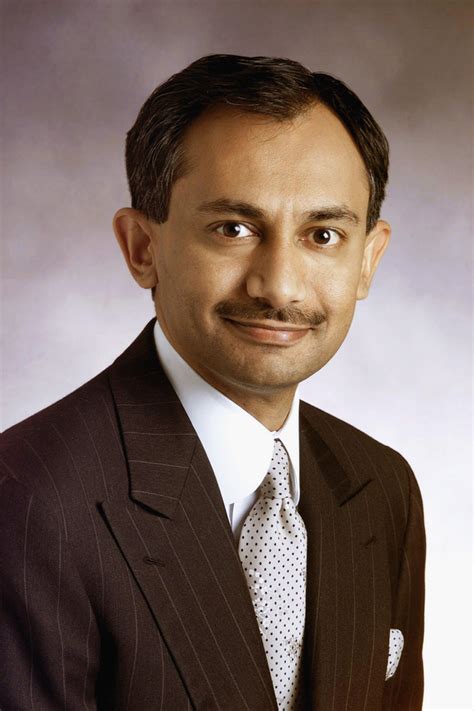A Quote by Sanjay Kumar
So it's really for us about new products, because we have released a lot of new products.
Related Quotes
Shifting Philip Morris to the new a non-risk products doesn't mean that I will give market share to my competitors free of charge. In the markets where we are not present with IQOS yet or the other reduced-risk products, you still need to defend your share of the market. They still represent the bulk of our income, and so far they have financed the billions of dollars we have put behind these new products. But once we go national in a market, and absent capacity constraints, then you shift your resources and your focus to these new products.
I think, for young people, and I think, for women, it's great to work in new products and derivatives products because, if you work in a plain-vanilla product, it's going to take you decades to get to a level where other people are. If you work in a brand new business, no one is more experienced than you are.
The sheer novelty and glamor of the Western diet, with its seventeen thousand new food products every year and the marketing power - thirty-two billion dollars a year - used to sell us those products, has overwhelmed the force of tradition and left us where we now find ourselves: relying on science and journalism and government and marketing to help us decide what to eat.

































